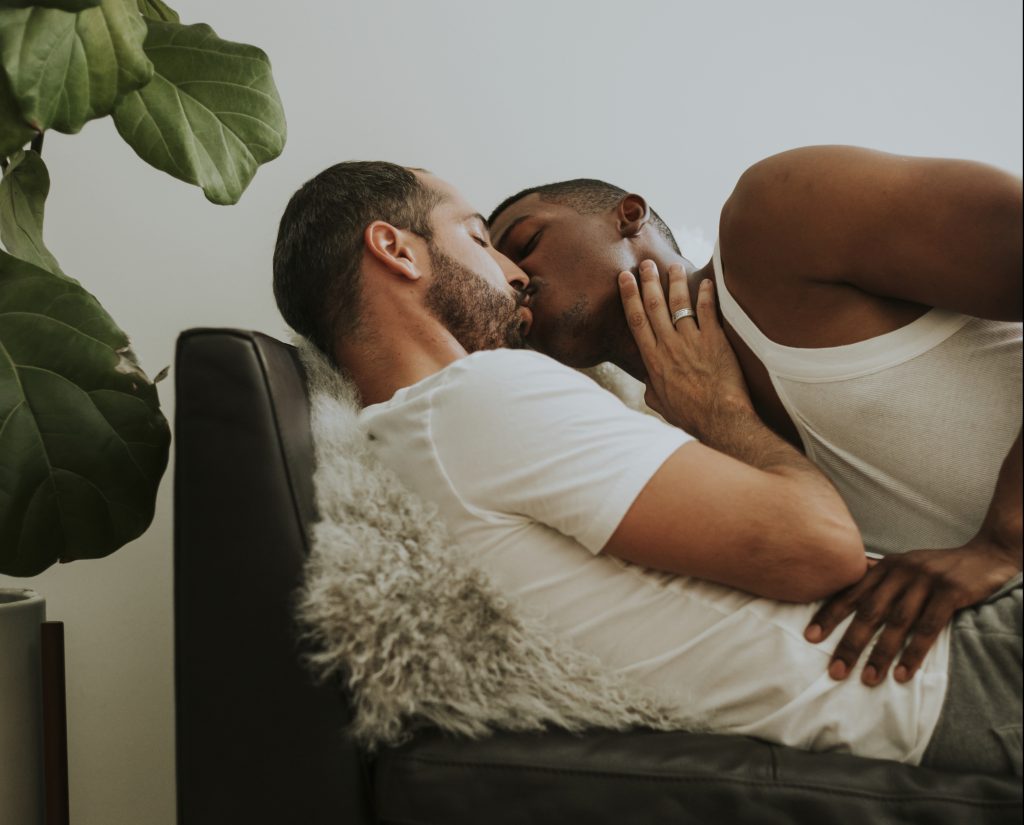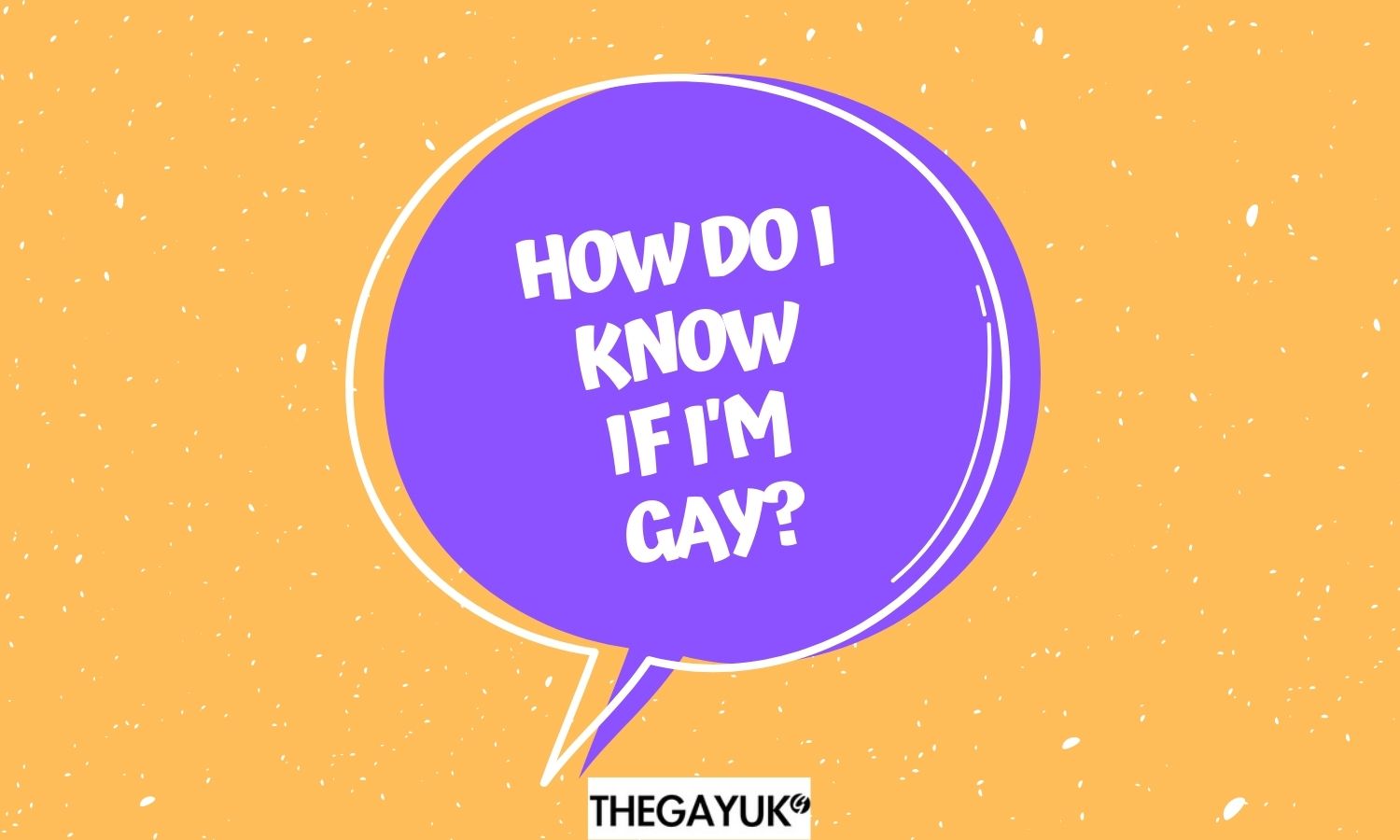Determining if you’re gay or not can be a personal and sometimes complex process.
Here’s how you can determine if you’re gay or not
However, here are a few things you can consider as you explore your sexuality:
- Examine your attractions: Take note of who you are attracted to and who you find yourself thinking about romantically and/or sexually. Do you find yourself attracted to people of the same gender as you?
- Explore your feelings: Consider your emotions and how you feel about your attractions. Are you comfortable with them, or do they make you feel confused or uncomfortable?
- Reflect on your experiences: Think about your past and current romantic and/or sexual experiences. Have you had feelings for someone of the same gender, or have you ever acted on those feelings?
- Avoid stereotypes: Don’t rely on stereotypes or assumptions about what it means to be gay or straight. Everyone’s experiences and feelings are unique.
It’s important to remember that there is no rush to label yourself, and your sexual orientation can be fluid and change over time. Ultimately, it’s up to you to determine what feels right and true for yourself. If you’re struggling to understand your feelings, it might be helpful to talk to a therapist or a trusted friend or family member.
Do gay people suffer in the UK?
Like in any country, the experiences of LGBT+ people in the UK can vary depending on a range of factors such as their location, age, cultural background, and individual circumstances. While there have been significant legal advances for LGBT+ rights in the UK, discrimination and violence against LGBT+ individuals still occur.
The UK has made significant progress in terms of legal protections for LGBT+ people. Same-sex marriage has been legal in England, Scotland, and Wales since 2014, and Northern Ireland legalized same-sex marriage in 2020. Discrimination on the basis of sexual orientation is illegal in employment, education, and the provision of goods and services. Transgender people in the UK have legal protections under the Gender Recognition Act of 2004, which allows them to change their legal gender.
However, despite these legal protections, some LGBT+ people in the UK still face discrimination, harassment, and violence. Hate crimes against LGBT+ individuals have been on the rise in recent years. According to Stonewall, a leading LGBT+ rights charity in the UK, one in five LGBT+ people has experienced a hate crime or incident in the past year.
Moreover, research has shown that LGBT+ individuals in the UK are more likely to experience mental health issues such as depression and anxiety. This can be attributed to a range of factors including discrimination, stigma, and social isolation.
In summary, while there have been significant legal advances for LGBT+ rights in the UK, discrimination and violence against LGBT+ individuals still exist, and many LGBT+ people in the UK continue to face unique challenges and struggles.
Do I have to like anal sex if I’m gay?

No, you do not have to like anal sex if you are gay. Sexual preferences and desires are unique to each individual, regardless of their sexual orientation. Some gay men enjoy anal sex, while others do not, and that is completely normal and acceptable. It’s important to remember that sexual activity should always be consensual and based on what feels comfortable and enjoyable for all parties involved. Communication with sexual partners is key to ensuring that everyone’s needs and boundaries are respected. If you are unsure about what you like or don’t like, or if you are experiencing discomfort or pain during sexual activity, it may be helpful to talk to a healthcare provider or a sex therapist for guidance and advice. Ultimately, the most important thing is to prioritize your own well-being and pleasure in sexual experiences, regardless of whether or not they include anal sex.
Do I Have to tell my family if I’m gay?
The decision to come out as gay is a deeply personal one, and it’s ultimately up to you to decide whether or not to share this information with your family. Coming out can be a difficult and emotional process, and it’s important to consider your own safety and well-being as well as the potential impact that coming out might have on your relationships with your family members.
While coming out can be a positive experience for some, it’s important to remember that not everyone will react positively or supportively. Some families may struggle to accept their loved one’s sexuality due to deeply held beliefs or cultural attitudes, which can lead to difficult conversations or strained relationships. It’s important to be prepared for a range of possible reactions and to prioritize your own safety and well-being.
If you do decide to come out to your family, consider starting with a trusted family member or friend who you believe will be supportive. This can provide you with a support system as you navigate the process of coming out and potentially help you prepare for conversations with family members who may be less supportive.
Remember that there is no one right way to come out, and the timing and approach will depend on your individual circumstances. You may want to seek out support from a therapist, a support group, or an LGBT+ organization as you navigate this process. Ultimately, the decision to come out is a personal one, and it’s important to prioritize your own safety and well-being.


